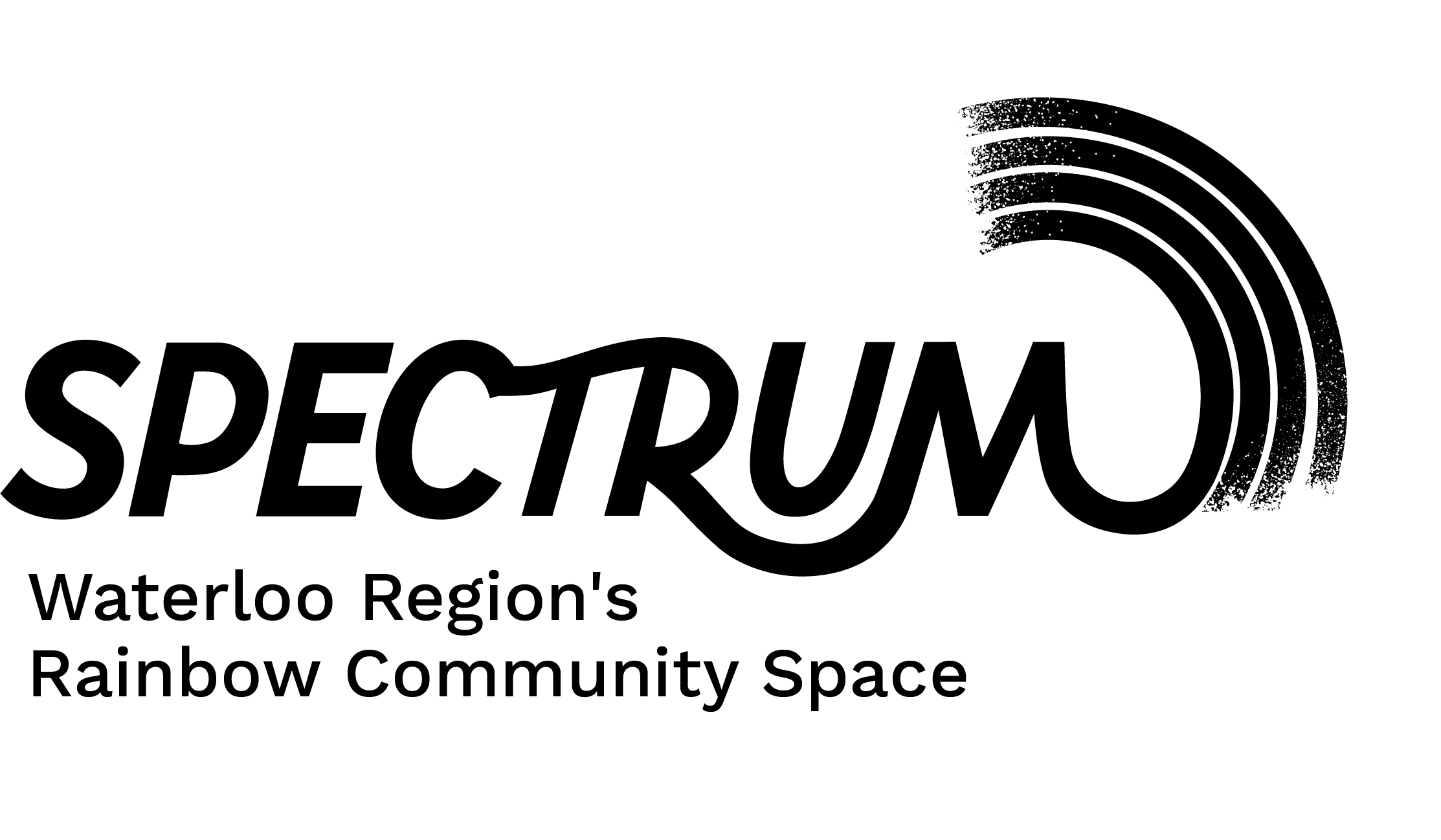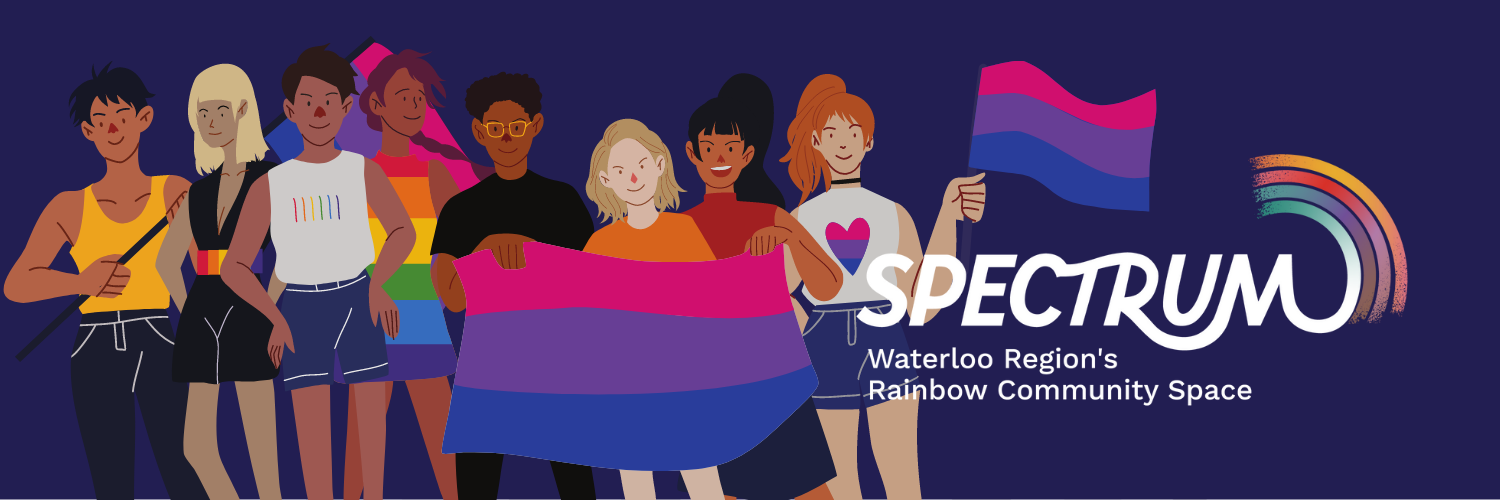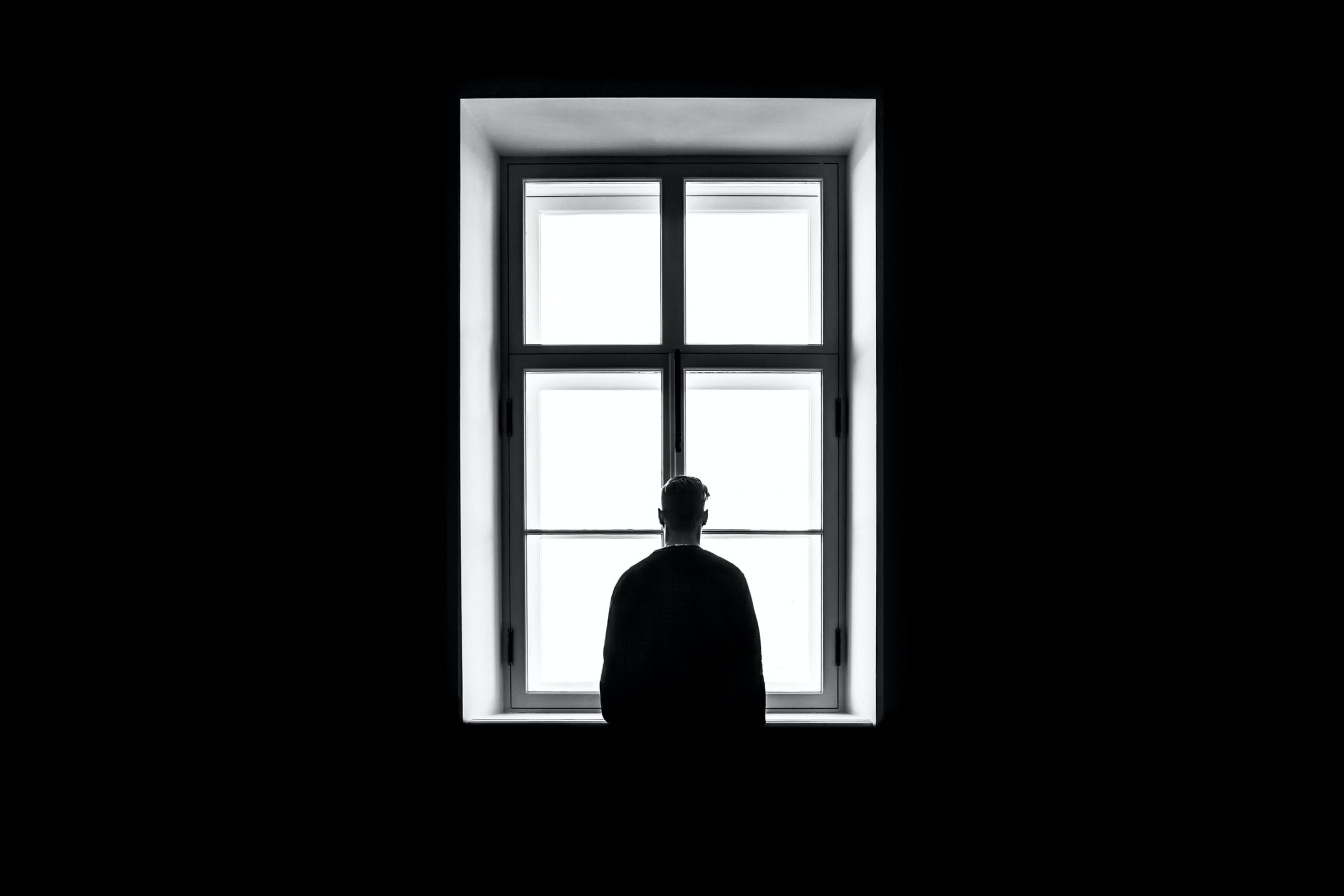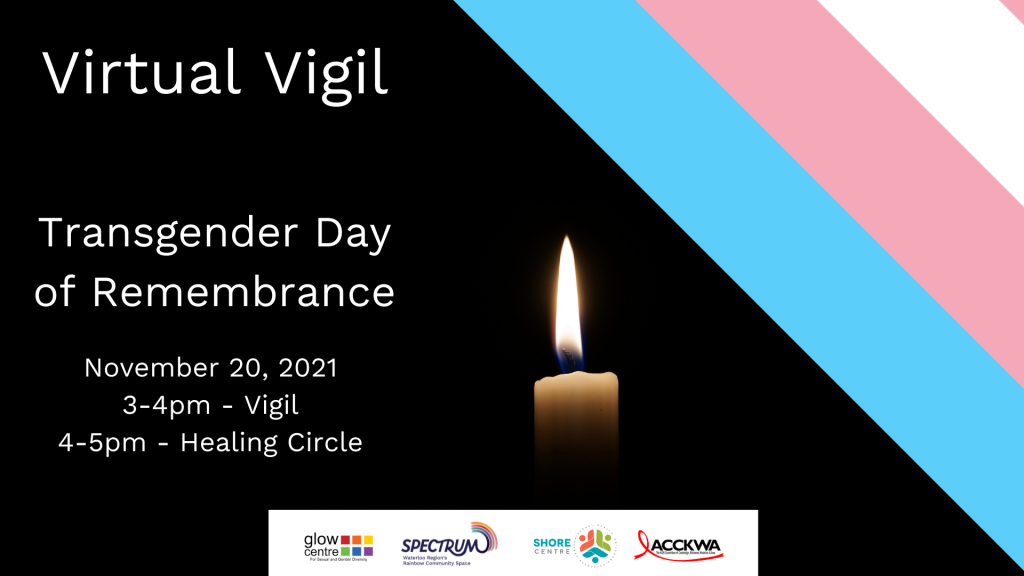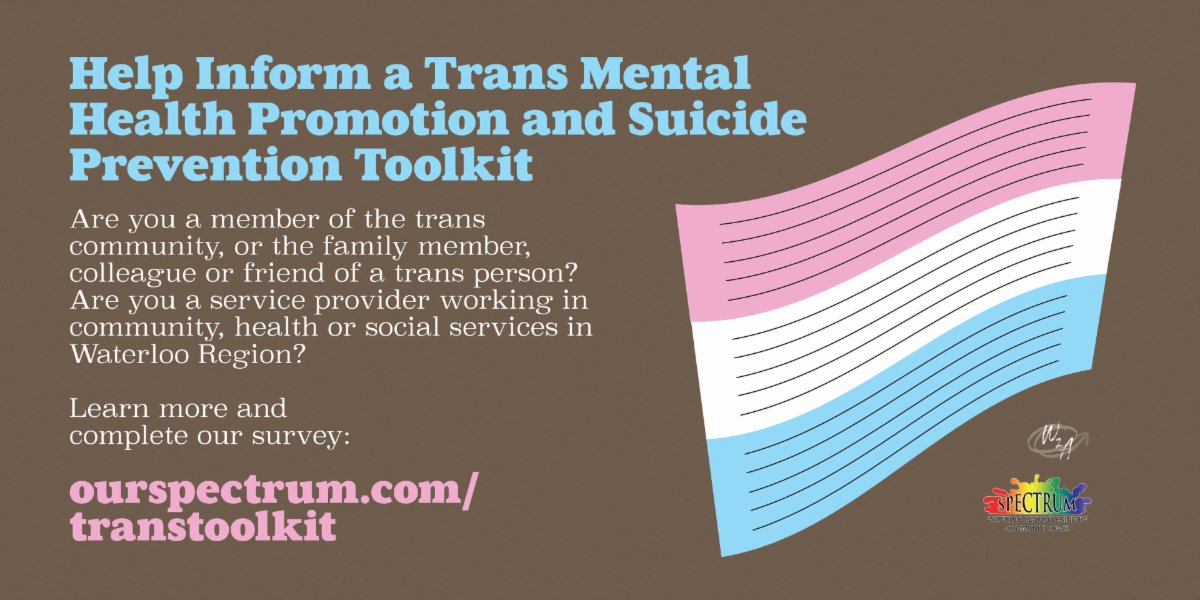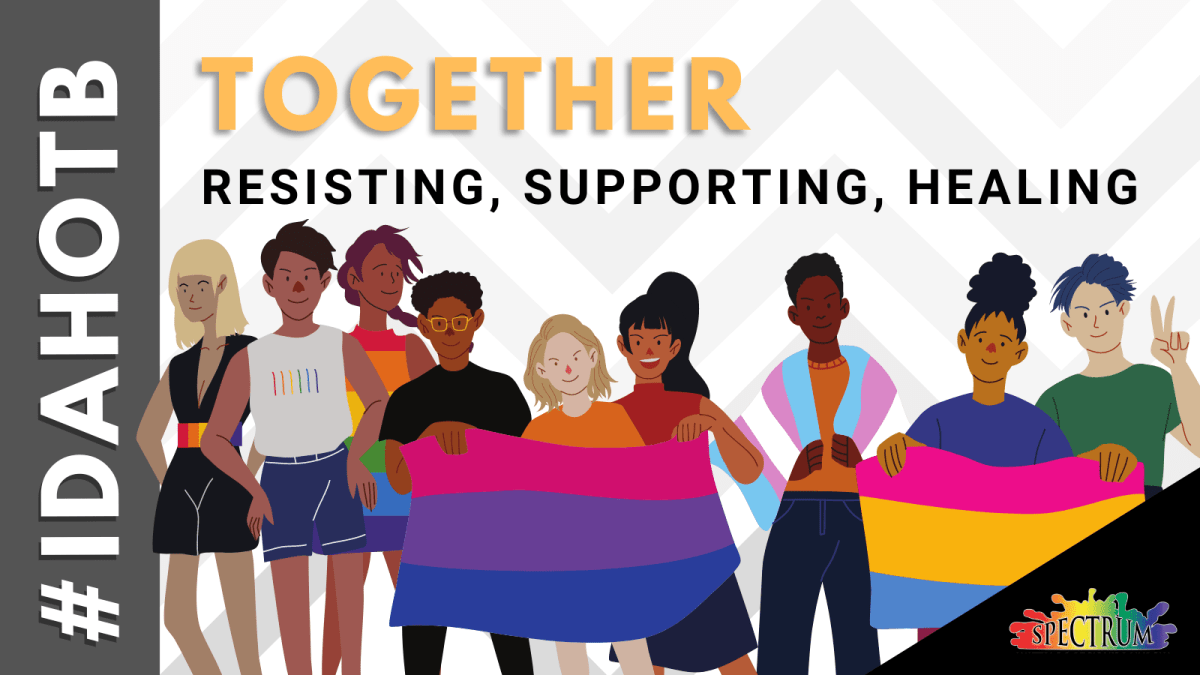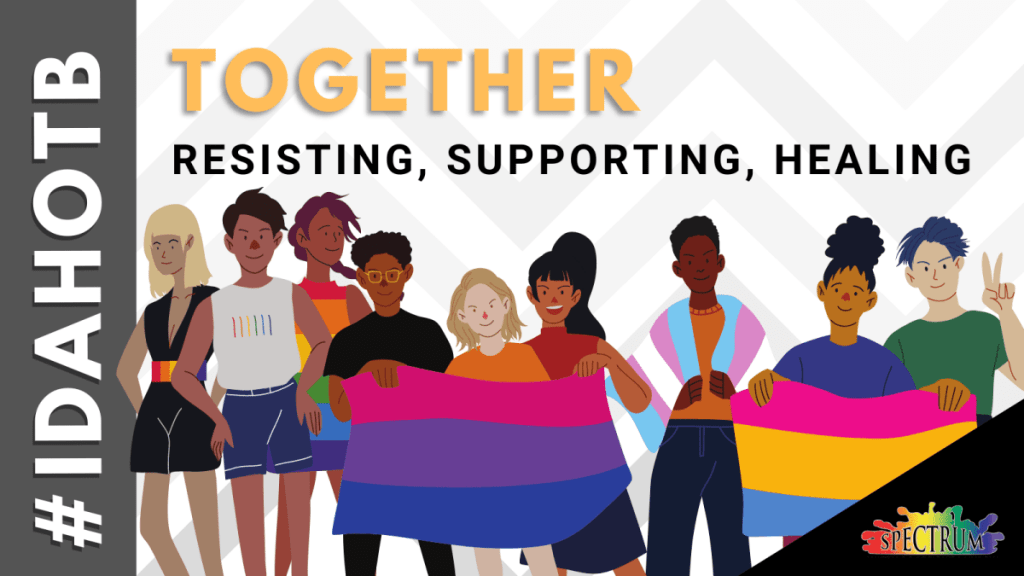I first encountered biphobia before I was even out to myself and a woman at a gay bar in Montreal asked my sexual orientation. When I said I wasn’t sure, she scoffed and said women who “weren’t sure” always defaulted back to men. (Ma’am, who hurt you?) It bothered me at the time, but I didn’t know why.
Now I’m proudly bisexual. I’m also in a relationship with a cisgender man, and there’s been no revelation that I was straight all along. In fact, it’s made the need to connect to my queerness stronger–not to compensate or prove something, but to nurture parts of myself that are vital to who I am, regardless of my partner.
When I asked other friends in “straight-passing” relationships, they said the same thing. They want to express and explore their queer identity, but aren’t sure how. It can be a challenge for any 2SLGBTQ+ person, but especially for those who feel excluded by others in the queer community or erased by the world at large. So how can you engage with and cultivate your queerness? With some exploration, I’ve found ways to embrace, as bell hooks put it, “the self that is at odds with everything around it.”
Engage with queer art.
Nurture yourself with 2SLGBTQ+ culture. Read works written by queer folks about queer folks (fan fiction counts). Watch movies or shows where 2SLGBTQ+ people are realized characters who aren’t killed off for the drama. Listen to queer music artists. Hang queer art on your walls. You might even be inspired to create for yourself!
Learn about queer history.
Queer history is your history! Deepen your connection to yourself by reading up on 2SLGBTQ+ events and people from the past. Understanding queer history in Canada and globally can help you appreciate how far we’ve come—and understand where we need to go.
Volunteer for a cause.
If you have the privilege of time and energy, putting it to use helping an 2SLGBTQ+ cause is a worthy and warming use of it. There are lots of non-profits focused on a variety of queer causes, so find one that speaks to you and put yourself out there.
Find personalized community spaces.
My boyfriend, best friend, and I play video games together. One game we like allows you to add a Pride flag charm to your character’s outfit. When you see other players wearing the Pride charm, it’s customary to do a little dance by crouching to acknowledge each other. The tiny spark I feel as I tap the CTRL key—I see you!—is weird and special.
Participating in queer spaces can be affirming and validating when you find ones that suit you. Luckily, the recent Zoom boom (sorry), means events are becoming more accessible for all. Organizations like Spectrum have support groups online and off, and also host seminars and social events. So get out there and find your own video game Pride charm crouch dance!
Riley Wignall is a writer and a total nerd from Waterloo, currently being queer as h*ck in Hamilton, Ontario.
